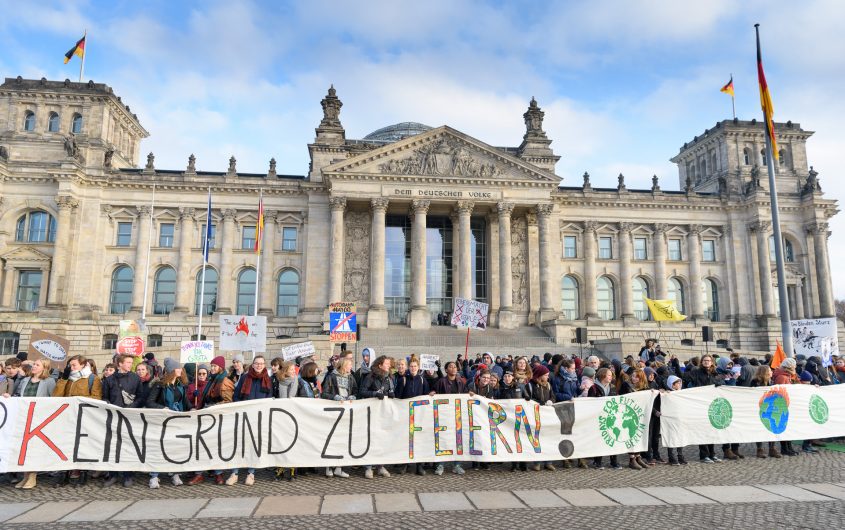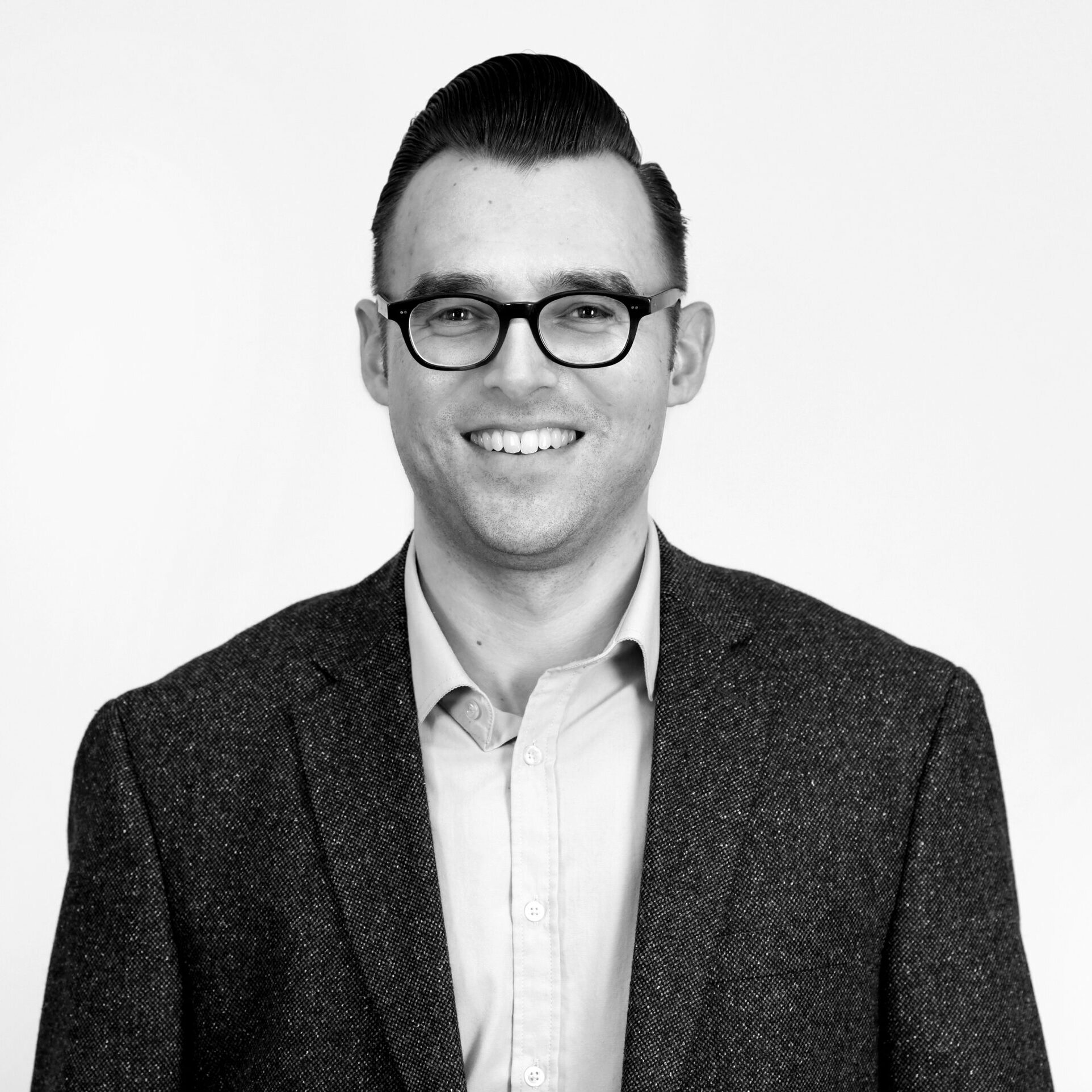
Stefan Müller via Flickr
Networks in Climate Policies
Policymaking in Germany and the United States
Speaker:
Dr. Daniel Rasch, DAAD/AGI Research Fellow
Moderator:
Dr. Eric Langenbacher, Senior Fellow and Director of the Society, Culture & Politics Program at AGI
With the next UN Climate Change Conference (COP 28) starting soon, important questions arise: what did the countries Germany and the United States actually do after the Paris Agreement (COP 21) and how have they implemented the Paris Agreement on climate change?
Comparing Germany and the United States, which both ratified the Paris Agreement in 2016, this webinar looks at the differences of both countries’ climate policies and how they came to be. Both states struggle to implement climate policies that do not hinder their economy and that are effective in combating climate change.
Since policymaking is not straightforward and decision makers need expert advice and policy ideas that they do not generate themselves, they resort to working with interest groups or experts. These actors offer political support to policy makers and provide feedback on loopholes and shortcomings. Policy makers benefit from consulting networks in different forms such as expert commissions and expert councils related to specific policy proposals—often through written consultations or hearings. These relationships demonstrate who gives evidence to whom and how certain policies are shaped by this form of inside lobbying. Are there differences in German and U.S. climate policies and, if so, what are they?
Daniel Rasch
Dr. Daniel Rasch is a researcher in public policy and public administration with a focus on policy areas such as energy, environment, and security. He was an interim professor at the University of Public Administration in Speyer for Empirical Research Methods and is currently employed at the FernUniversität Hagen.
His PhD (2016) focused on framing and lobbying success in the multi-level governance context of the European Union. He published widely on the topic of governance and interest mediation.
His current research focuses on interest mediation in the German federal ministries. He investigates networks and power distribution within policy areas and within the federal administration and uses a vast array of methods, ranging from qualitative and quantitative text analysis, text reuse approaches, to network analysis.
This event is supported by the DAAD with funds from the Federal Foreign Office.






